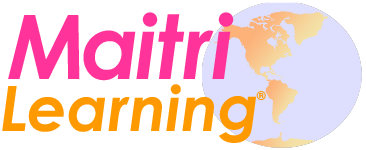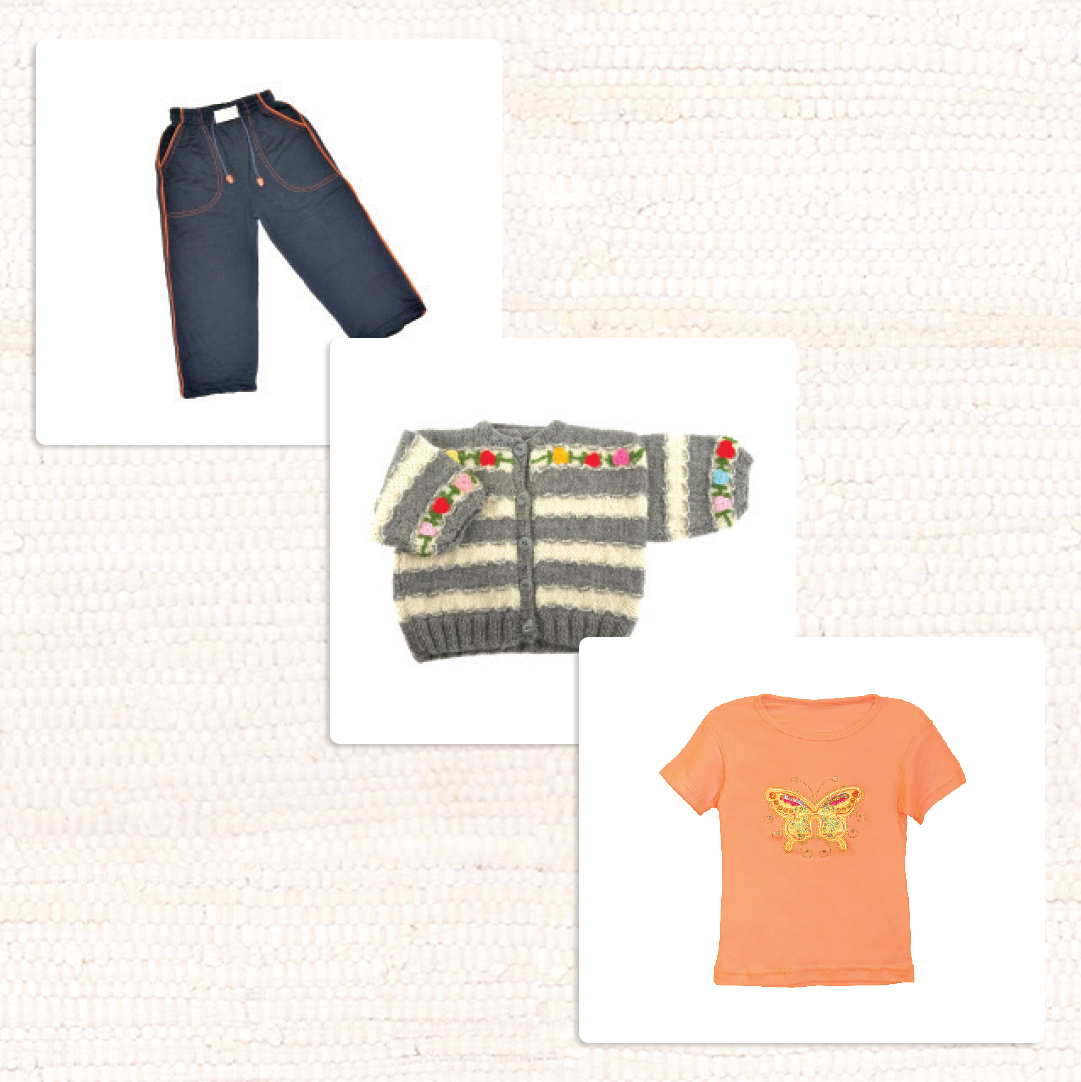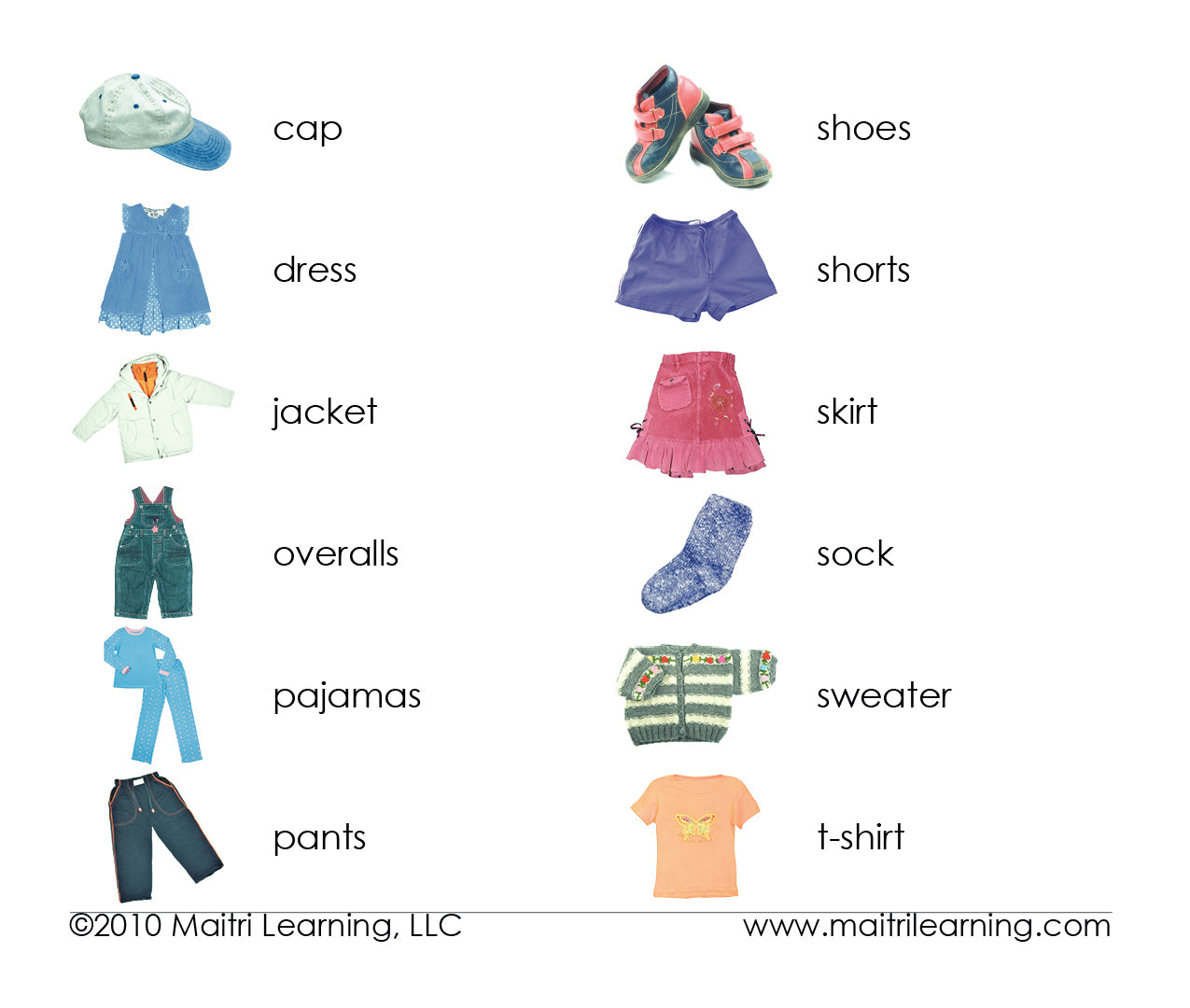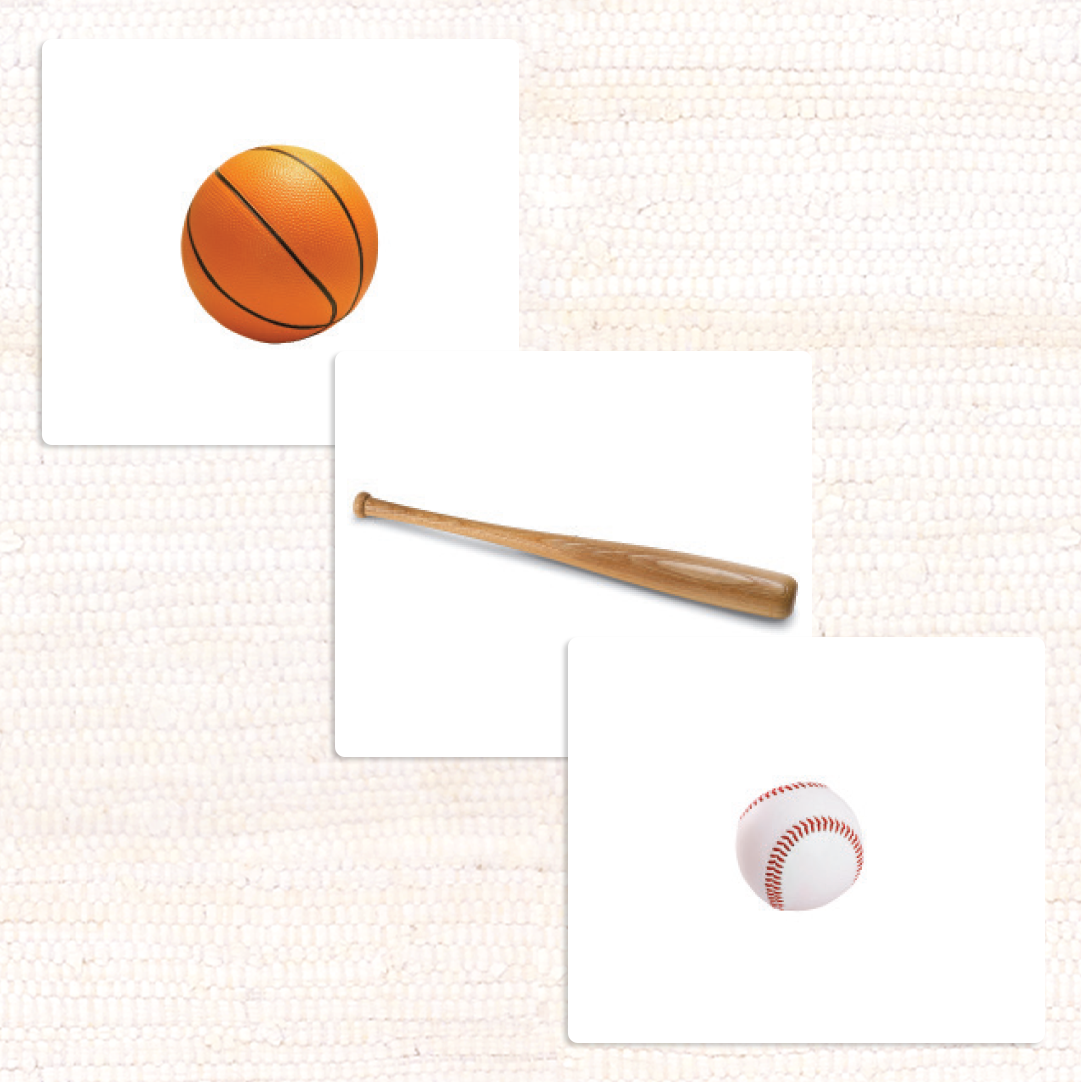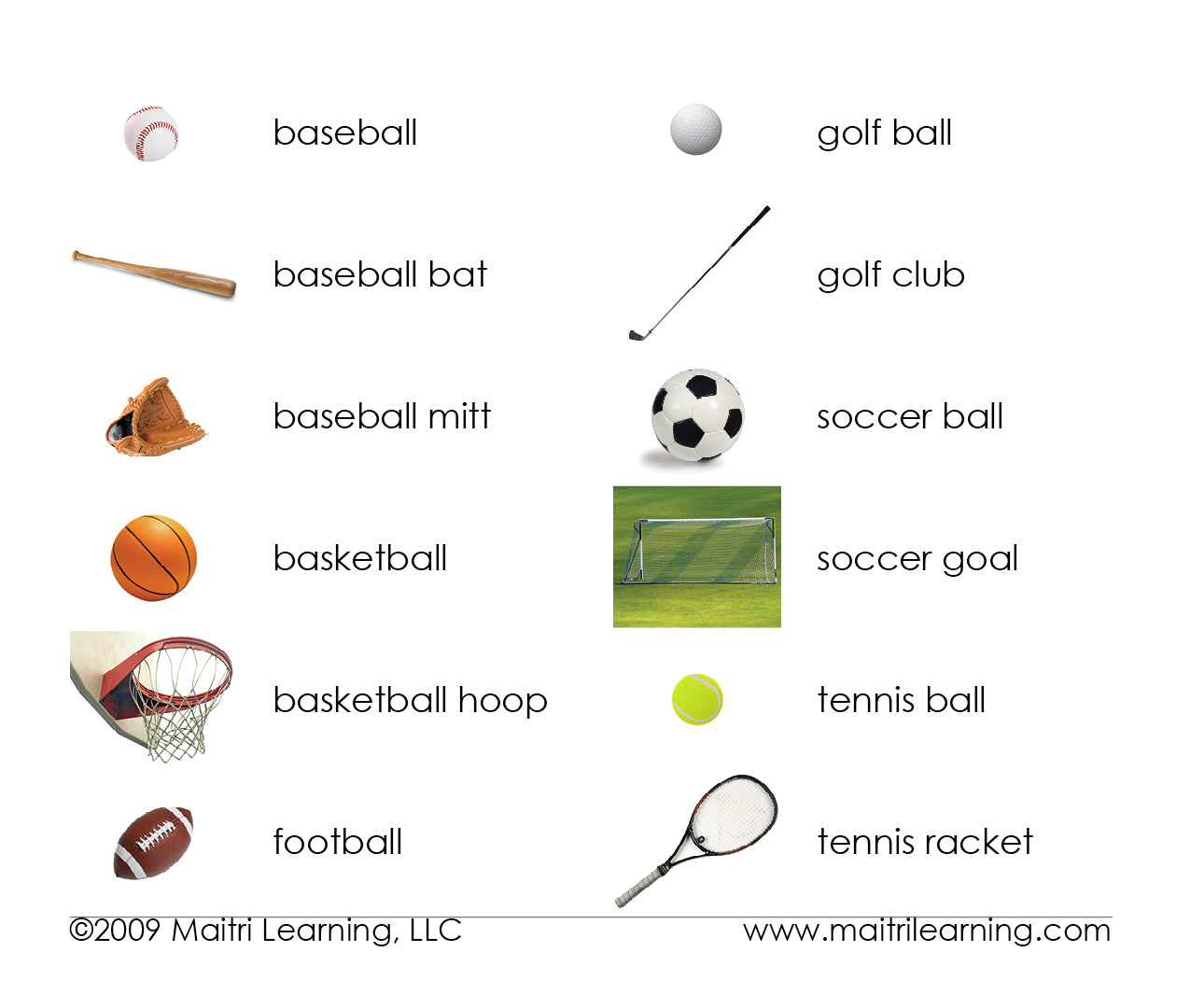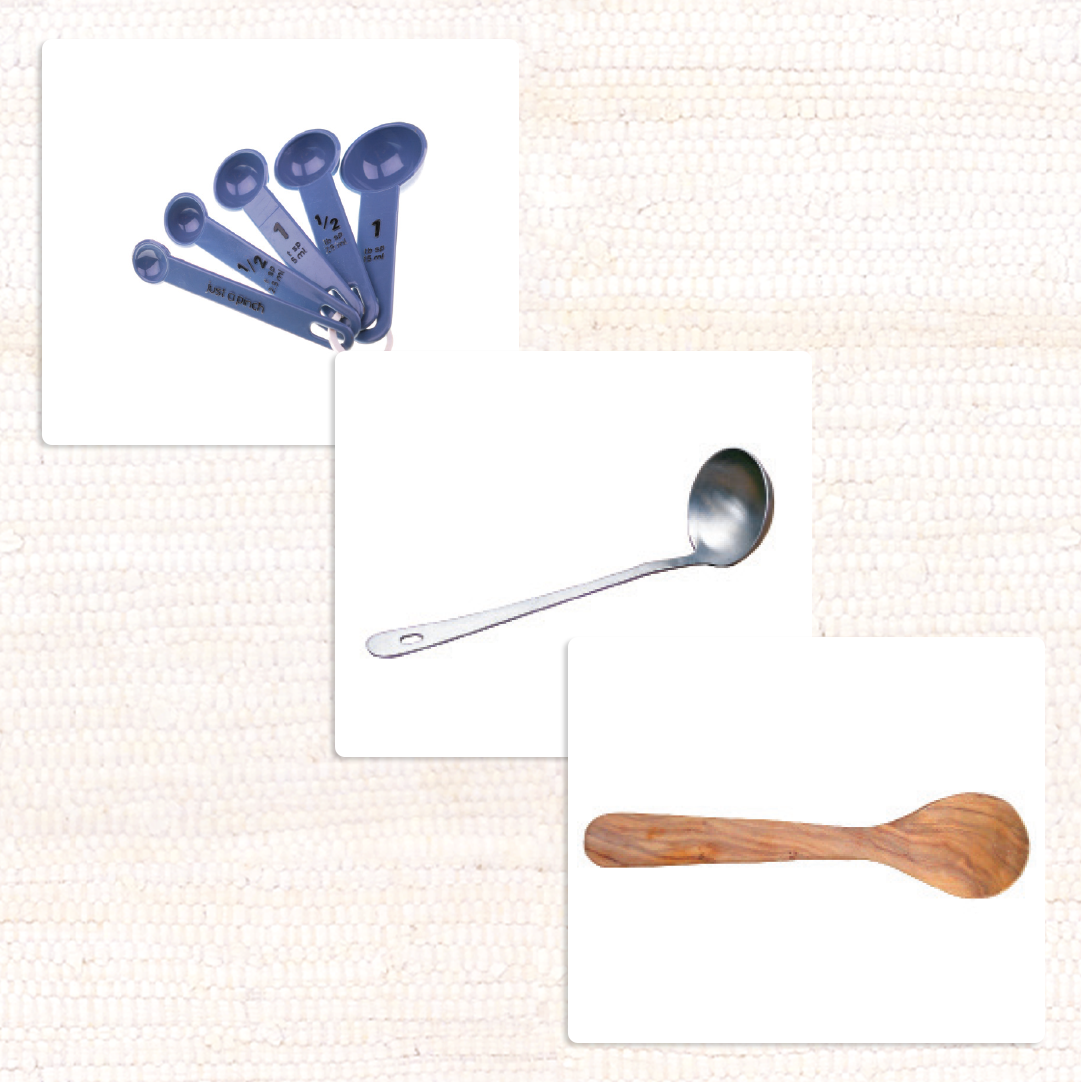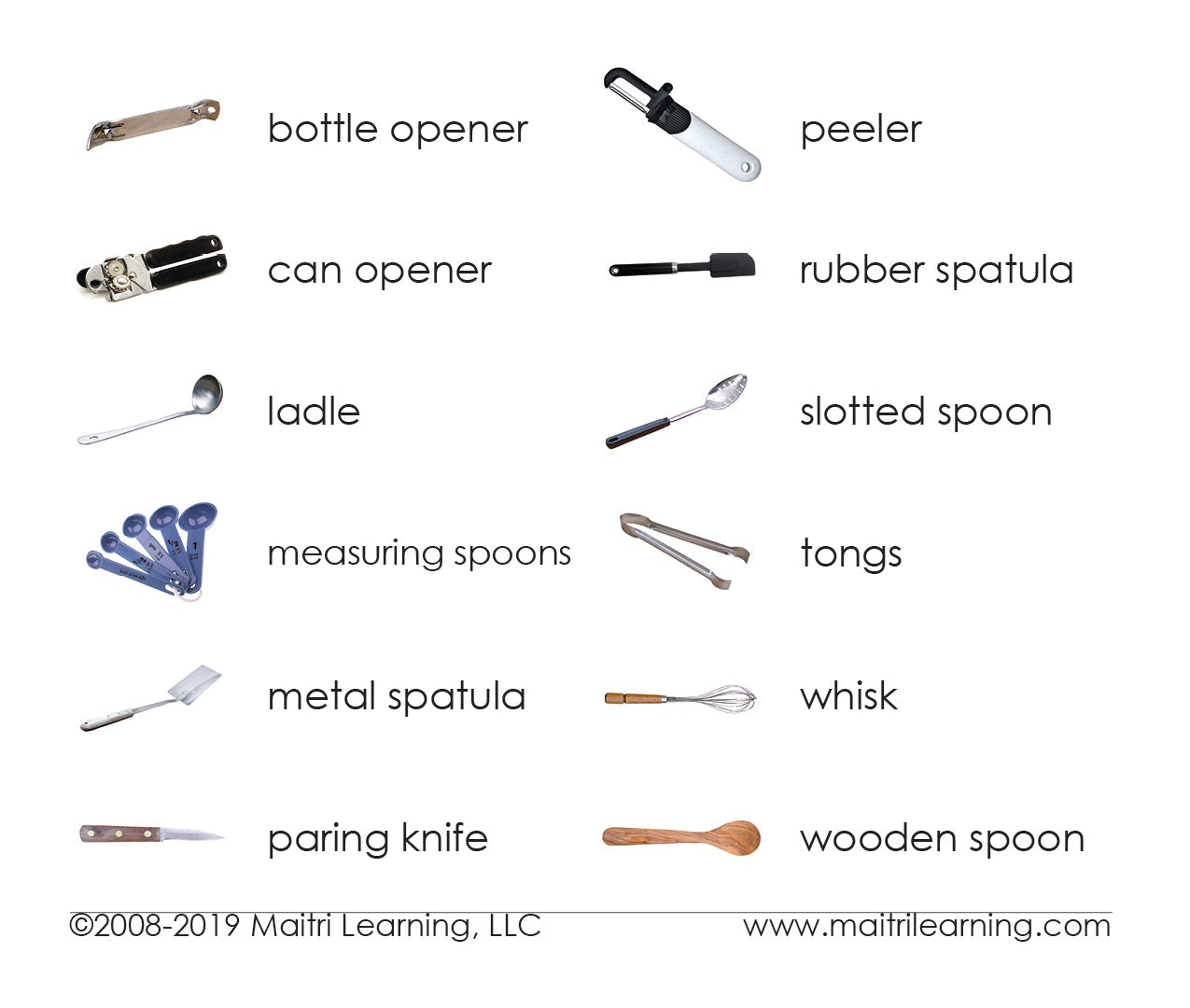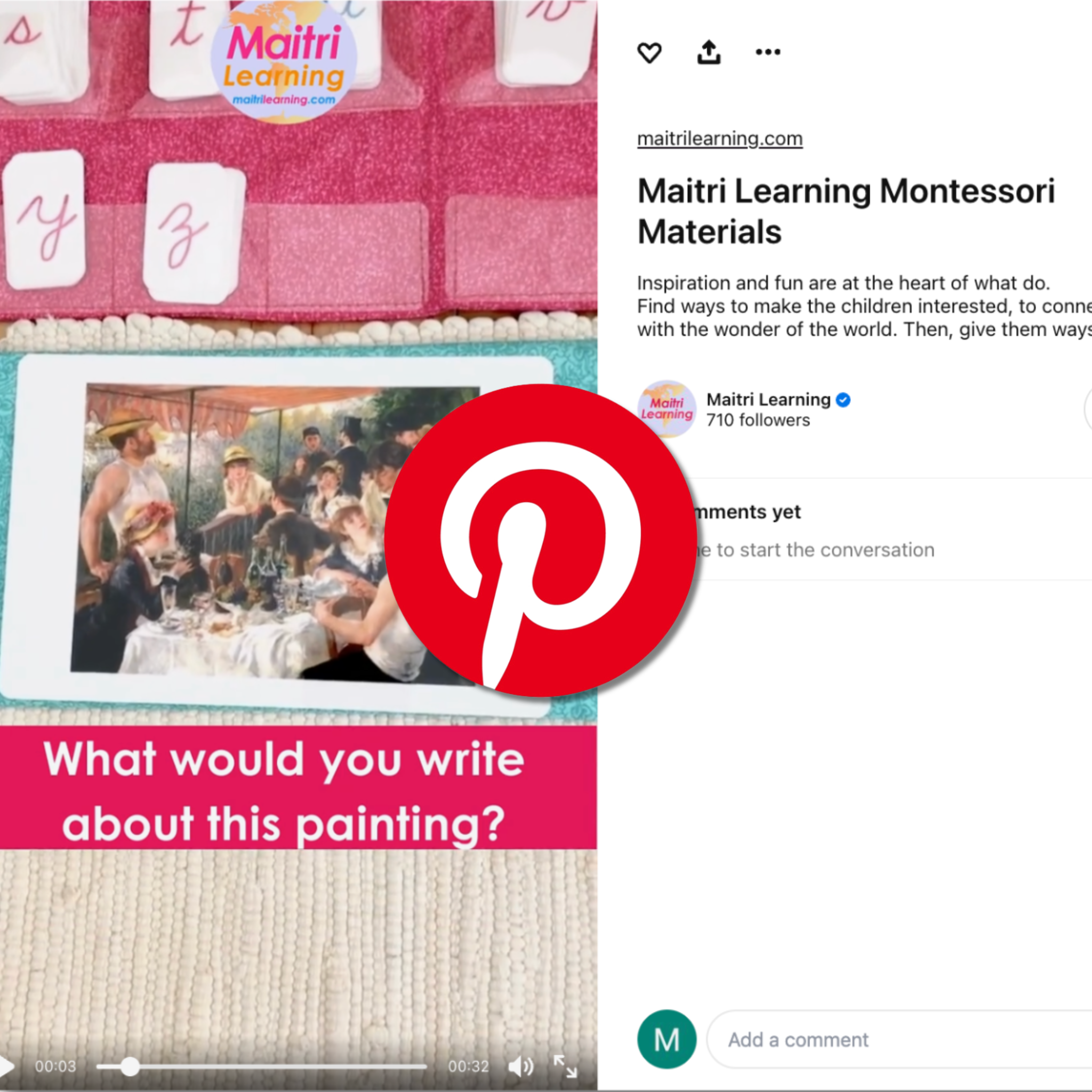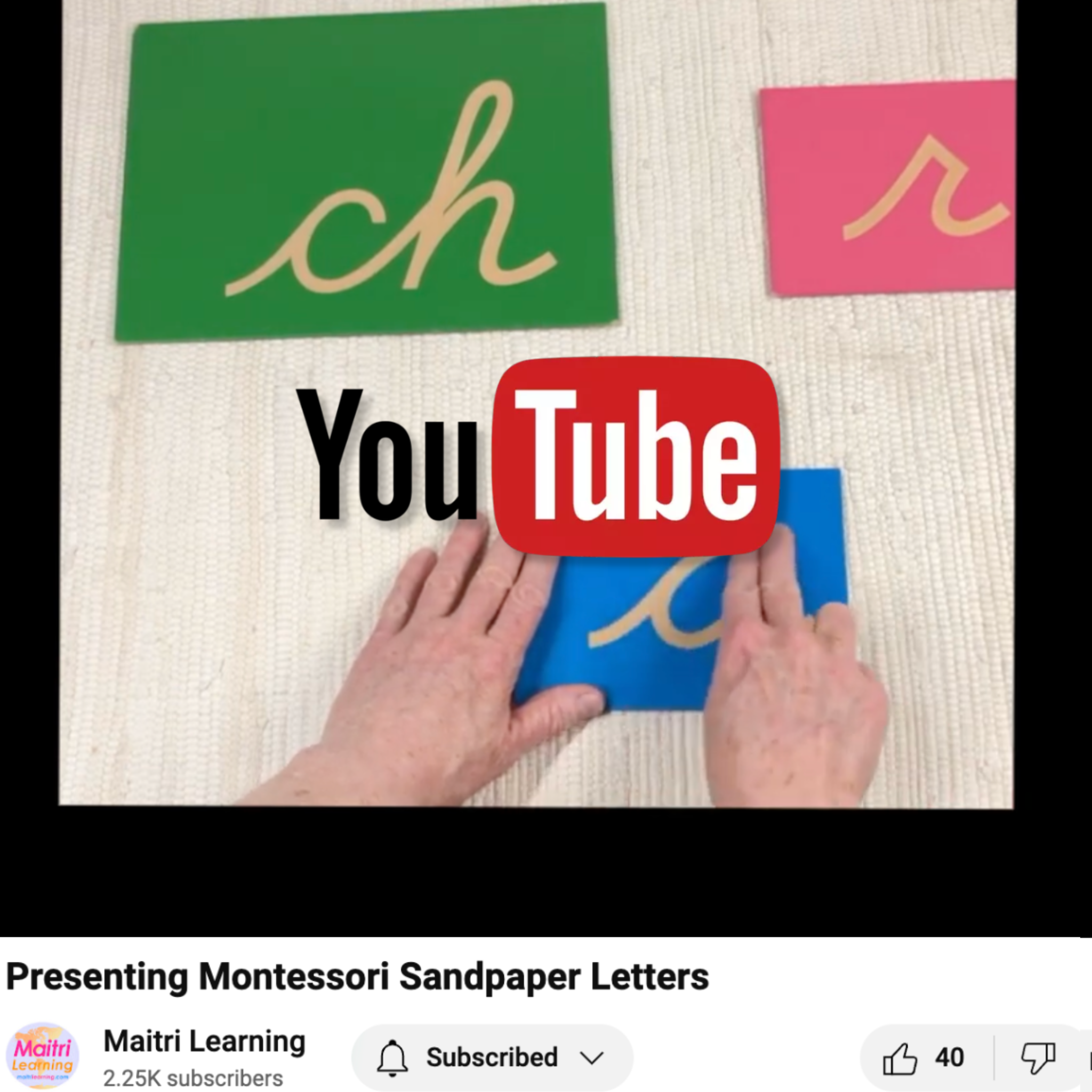Filters
More Information:
Vocabulary Cards
Educational Vocabulary Cards: Boosting Language Development in Young Children
Elevate your early childhood education program with our thoughtfully designed vocabulary cards. Watch as young learners expand their language skills, improve self-regulation, and develop a deeper understanding of the world around them.
Key Benefits:
- Enhance spoken language skills: Essential for early childhood development
- Bridge from concrete to abstract learning: From 3D objects to 2D images
- Improve self-regulation: Research-backed vocabulary benefits
- Encourage sorting and classification skills: Flexible, child-led learning
- Text-free design: Builds confidence in pre-readers
- Versatile classroom resource: Suitable for ages 3 to 5+
| 1. Give 3-period lessons | 2. Play sorting games |
 |
 |
When we work with young children, we train ourselves to offer them the full names of everything in their environment (for example, dining room table, tile floor, aloe vera plant, door mat). Then, we transform gently from the concrete to slightly more abstract, from three-dimensions to two-dimensions, by using vocabulary cards. These are a great way for pre-readers to solidify the vocabulary they know and to add new words to their growing internal dictionary. Our vocabulary cards are designed to support the crucial first step in language development: spoken language.
Research-Backed Benefits
Research shows that children's vocabulary skills are related to their self-regulation skills (Vallotton & Ayoub, 2011). So, this seemingly simple work of teaching children words has broad implications for their overall development. See our blog post on spoken language for more details.
Encouraging Critical Thinking Through Sorting Games
As children become familiar with the language, they can engage in sorting activities. Whether they categorize by shape, color, or other unexpected criteria, these exercises foster organizational and classification skills essential for understanding our complex world.
Designed for Confidence Building
Our vocabulary cards are intentionally text-free. This design choice prevents potential discouragement that may arise when children encounter unfamiliar written words, ensuring a positive learning experience for pre-readers. But don't worry, we include a control sheet for adult reference in each packet; each control sheet lists a picture and the name of each card in the packet.
Specifications and Classroom Integration
- Card dimensions: Approximately 4.25" x 3.75"
- Photos match our 3-part reading and matching card sets; get all three formats for a cohesive learning environment across age groups (3-year-olds, 4-year-olds, and 5+ year-olds)
- Promotes classroom community building through shared topics
